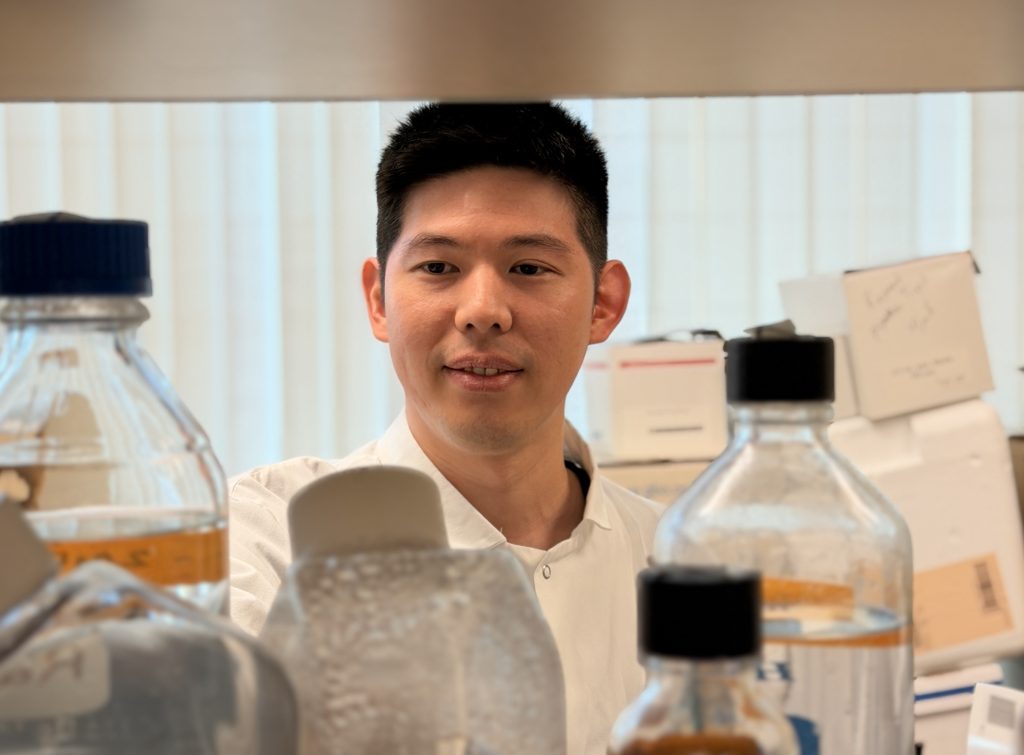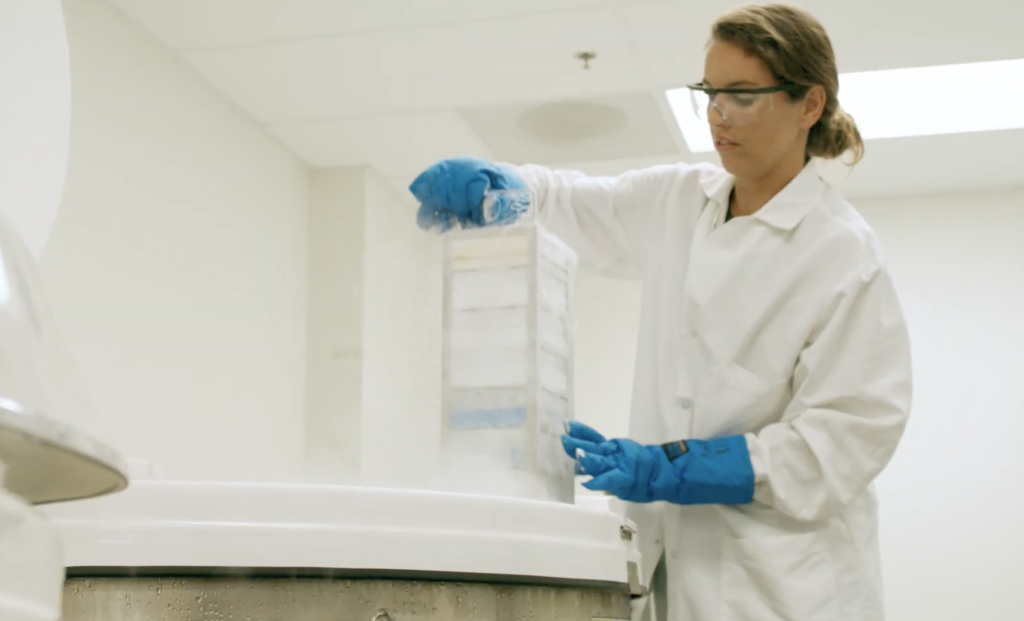LA JOLLA, CA—WHAM (Women’s Health Access Matters, whamnow.org) and La Jolla Institute for Immunology (LJI) today announced a new partnership to accelerate immune health research focused on women. New data released by WHAM and LJI shows that autoimmune research focused on women could generate $10.5 billion to our economy through improving health, quality of life and productive years in the workforce. Building from these findings, LJI, a globally ranked research leader, announced a new sex-based differences research focus at the institute.
Experts Carolee Lee and Dr. Erica Ollmann Saphire announced LJI’s partnership with WHAM, which will broadly impact medical research by bolstering the efforts of the Institute to focus research on sex-based differences in disease.
“Women’s health is an economic issue that impacts everyone, and we can’t afford to ignore it,” said WHAM Chief Executive Officer and Founder Carolee Lee. “The WHAM Report shows clearly that when we invest in women’s health research the economic benefits for everyone are huge. We are proud to partner with the forward-thinking and innovative La Jolla Institute for Immunology. Building out a research focus on women in immune and autoimmune disease will lead to critical innovations and breakthroughs that transform women’s lives and boost our economy.”
“We know that some diseases predominantly affect men and others women,” said Erica Ollmann Saphire, Ph.D., President and CEO of La Jolla Institute for Immunology. “In the past these differences have been widely ignored resulting in biased studies and healthcare inequality. Studying sex-based differences in a systematic manner will help uncover the causes and allow for treatments that are in tune with biology. This is an exciting and growing area of research.”
Seventy-eight percent of people with autoimmune diseases are women. WHAM commissioned the RAND Corporation to research the economic costs and benefits of accelerating health research funding focused on women. The WHAM Report, “Societal Impact of Research Funding for Women’s Health in Rheumatoid Arthritis,” shows that small incremental investments in autoimmune health research focused on women will generate very large economic returns through improving health, quality of life and productive years in the workforce.
The report found that while 60 percent of autoimmune rheumatoid arthritis patients are women, just 7 percent of 2019 National Institutes of Health research dollars focused specifically on women. The WHAM Report shows that doubling that 7 percent, adding just $6 million in autoimmune research focused on women, would generate $10.5 billion in economic returns, a 174,000 percent return on investment, adding 32,000 years back to the workforce and save $178 million in nursing home costs alone.
“As a scientist, a business leader, and a family member affected by autoimmune diseases, this is the right focus at the right time,” said Gail Naughton, Ph.D., Founder and Longtime Executive, Histogen, Inc. and Chair of the Board of Directors, LJI. “Business leaders across sectors know that women’s health has a direct impact on our workforce, our companies and our economy. The data show that it’s time to invest more in health research that focuses on women, and that’s exactly what we’re doing at La Jolla Institute for Immunology.”
This partnership is the first institutional commitment made in response to The WHAM Report data detailing the economic benefits of investing in women’s health research. WHAM and LJI will work together to continue to raise awareness for the need to expand sex and gender differences research and accelerate work focused on women, particularly in disease areas that impact them disproportionately and differentially.
“The analysis shows how, as a society, we could prioritize research funding in a way that would yield a positive return on investment,” said Lori Frank, Ph.D., senior author of the study and a Senior Behavioral Scientist at the RAND Corporation. “Using conservative assumptions about health improvements, our modeling suggests that increasing investment in women-focused autoimmune rheumatoid arthritis research could result in gains in health outcomes, health-related quality of life, and workforce productivity, leading to large economic benefits.”
In addition to its autoimmune rheumatoid arthritis report, WHAM has released detailed individual reports on Alzheimer’s disease and coronary artery disease, and a report summarizing findings across autoimmune, brain and heart disease. WHAM plans to release an additional report focused on lung cancer in the near future. The organization also plans to study different socioeconomic groups and detail the global data which expands this research.
About WHAM (Women’s Health Access Matters, whamnow.org)
Women’s health is an economic issue we can’t afford to ignore. WHAM works to increase awareness of and funding for women’s health research by accelerating scientific discovery in women’s health in four primary disease verticals – autoimmune disease, brain health, cancer, and cardiovascular disease. The WHAM Report quantifies the economic opportunity for investing in women’s health, looking across diseases that impact women differently and differentially, including coronary artery disease, rheumatoid arthritis, and Alzheimer’s disease. www.thewhamreport.org


